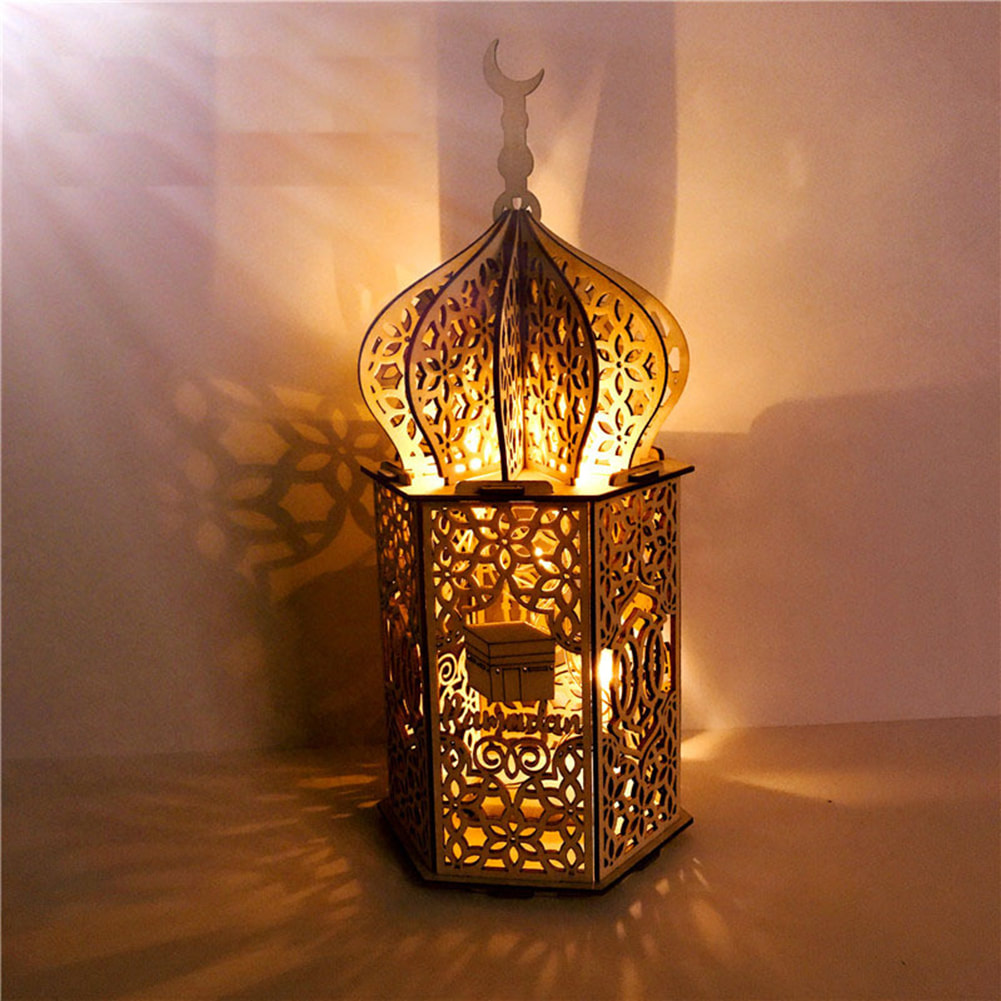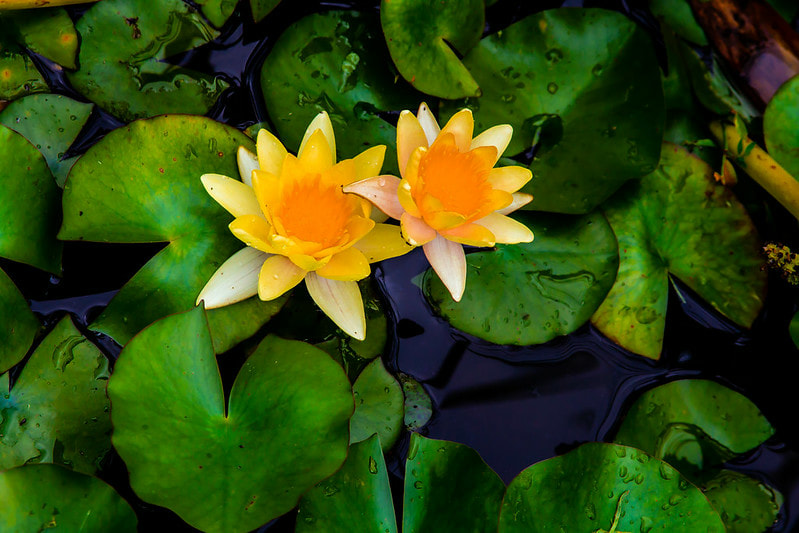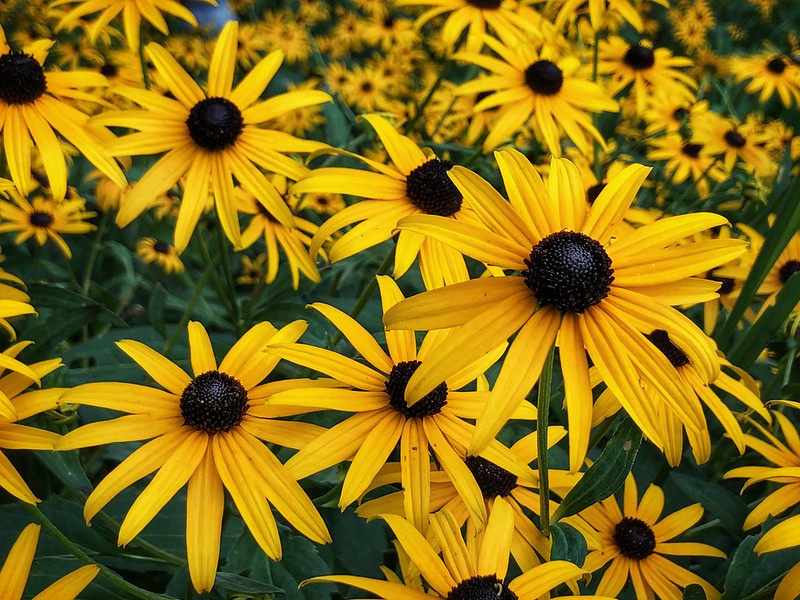- Home
- Process Worldview
- Community
- Art and Music
- Whitehead and Process Thinking
- Podcasts
- Spirituality
- Ecological Civilization
- Education
- Contact
- Social Justice
- Science
- Animals
- Sacred Poems
- Whitehead Videos
- Index of All Titles
- Practicing Process Thought
- Process Spirituality: A Spiritual Alphabet
- Recent Posts
Ramadan Stories
"Sixteen Muslims, in their own words, speak about the delights and gravity of Islam’s holiest month. Through vivid memories and light-hearted musings, they reveal the richness of Ramadan — as a period of intimacy, and of parties; of getting up when the world is quiet for breakfast and prayers with one’s family; of breaking the fast every day after nightfall in celebration and prayers with friends and strangers" (On Being, Krista Tippett)
The month of Ramadan
A Holy and Humanistic Calling
by Farhan Shah
The month of Ramadan is a time for profound introspection.
We are beckoned to become fully ourselves, exercising our critical reasoning, challenging our internal idolatries and frozen habits of thought and action, in order to move forward in the quest of creative becoming; toward living Islam. We turn our lives into "living Islam" by actualizing Allah's intentions to become vicegerents of Divine unity, justice and peace on earth, honouring and respecting the intrinsic dignity of every human being as “someone” and not “something”. And to embrace the sacred calling as humans to be caretakers of the earth as a sacred space. We are entrusted by Allah to take care of one another.
The meaning of life is to live and act from a sense of unity, of tawhid. In order to do this, we need to relinquish our tendencies to valorise our egos and personal preferences, our own feelings and preconceived notions, as if there were the measure of all things. An obstacle to living in trust, in truth and beauty is idolatry, or, in Arabic, shirk. Idolatry does not only mean to worship other created objects, images or statues beside Allah. It also means dogmatic certainties, holding onto finite interpretations of our religion as if they were infinite, incapable of critique, modification and process. When these interpretations, or schools of thought, becomes sacralised, they function as the lords of our lives, become idolatrous. Ramadan is a time to move beyond the idolatries and live with respect and care for all people and for the earth. It is a time to reclaim our vocation to love, as Muslims and as human beings
Often we go through life without awareness of our intentions. We do not see ourselves clearly. It is as if we are in a fog. It is the fog of self-misunderstanding and self-illusion. This fog is partly conscious and partly unconscious. It is created by our own conscious decisions, but also by circumstances which lie beyond our conscious control. If we are born in a society that teaches us that we are better than others, because we belong to the right religion or culture, we dwell in a fog of self-misunderstanding. We may not have chosen the fog, but we internalized this fog through socialization. Still the fog must be lifted, and thus expand our horizons. We must understand that in the eyes and heart of Allah, all people are equal. All deserve respect. All deserve appreciation and love. When we begin to awaken to this truth, we awaken to justice, to mercy and compassion. Justice, mercy and compassion begins with an appreciation of tawhid: that is, our unity within the horizons of the Unity. Allah is the Unity.
It is in the month of Ramadan, then, that we consider our call to caretaking ever more deeply. Caretaking is a communal as well as an individual activity, economic as well as personal. Our calling is to build communities which are creative, compassionate, participatory, respectful of diversity, and ecologically wise, with no one left behind. These communities need to be centered in the unity at the heart of the universe, in Allah.
We need to turn our lives into a purely human consciousness, as the Muslim philosopher Muhammad Iqbal would have liked to remind us. A consciousness in which our self-interest is joined with our commitment to be creative partners with God in the quest for welfare and beauty for all creation, by helping others, by struggling to do good, as acts of remembering the timeless source from which we emerge, moment by moment.
This is the meaning, the holy and humanistic calling of Ramadan. It dwells within us, and within all people, however it might be named. This month is a time to remember and live into the calling, as best we can, in service to God, each human being on earth, and the whole of creation.
Ramadan Mubarak to all.
The month of Ramadan is a time for profound introspection.
We are beckoned to become fully ourselves, exercising our critical reasoning, challenging our internal idolatries and frozen habits of thought and action, in order to move forward in the quest of creative becoming; toward living Islam. We turn our lives into "living Islam" by actualizing Allah's intentions to become vicegerents of Divine unity, justice and peace on earth, honouring and respecting the intrinsic dignity of every human being as “someone” and not “something”. And to embrace the sacred calling as humans to be caretakers of the earth as a sacred space. We are entrusted by Allah to take care of one another.
The meaning of life is to live and act from a sense of unity, of tawhid. In order to do this, we need to relinquish our tendencies to valorise our egos and personal preferences, our own feelings and preconceived notions, as if there were the measure of all things. An obstacle to living in trust, in truth and beauty is idolatry, or, in Arabic, shirk. Idolatry does not only mean to worship other created objects, images or statues beside Allah. It also means dogmatic certainties, holding onto finite interpretations of our religion as if they were infinite, incapable of critique, modification and process. When these interpretations, or schools of thought, becomes sacralised, they function as the lords of our lives, become idolatrous. Ramadan is a time to move beyond the idolatries and live with respect and care for all people and for the earth. It is a time to reclaim our vocation to love, as Muslims and as human beings
Often we go through life without awareness of our intentions. We do not see ourselves clearly. It is as if we are in a fog. It is the fog of self-misunderstanding and self-illusion. This fog is partly conscious and partly unconscious. It is created by our own conscious decisions, but also by circumstances which lie beyond our conscious control. If we are born in a society that teaches us that we are better than others, because we belong to the right religion or culture, we dwell in a fog of self-misunderstanding. We may not have chosen the fog, but we internalized this fog through socialization. Still the fog must be lifted, and thus expand our horizons. We must understand that in the eyes and heart of Allah, all people are equal. All deserve respect. All deserve appreciation and love. When we begin to awaken to this truth, we awaken to justice, to mercy and compassion. Justice, mercy and compassion begins with an appreciation of tawhid: that is, our unity within the horizons of the Unity. Allah is the Unity.
It is in the month of Ramadan, then, that we consider our call to caretaking ever more deeply. Caretaking is a communal as well as an individual activity, economic as well as personal. Our calling is to build communities which are creative, compassionate, participatory, respectful of diversity, and ecologically wise, with no one left behind. These communities need to be centered in the unity at the heart of the universe, in Allah.
We need to turn our lives into a purely human consciousness, as the Muslim philosopher Muhammad Iqbal would have liked to remind us. A consciousness in which our self-interest is joined with our commitment to be creative partners with God in the quest for welfare and beauty for all creation, by helping others, by struggling to do good, as acts of remembering the timeless source from which we emerge, moment by moment.
This is the meaning, the holy and humanistic calling of Ramadan. It dwells within us, and within all people, however it might be named. This month is a time to remember and live into the calling, as best we can, in service to God, each human being on earth, and the whole of creation.
Ramadan Mubarak to all.
Ramadan and Listening
by Jay McDaniel
The most important way is to join Muslims in the calling identified by Farhan Shah above: to live with respect and care for all other people and the larger community of life. One way that we respect the dignity of others is to listen to their stories with a sympathetic ear. That is why we offer the audio above in which sixteen Muslims from the United States tell their stories of Ramadan. The very spirit of Ramadan includes this kind of listening: listening to "other" people's stories instead of always our own.
At least this is how those of us in the world of process theology see things. For us, life itself is a process unfolding in years, decades, months, and moment. These unfoldings are best understood in stories told from the first-person, from the inside out. All along the way God's love takes two forms. It is (1) an indwelling lure within each person to respond to the situation at hand in a spirit wisdom, compassion and creativity; and it is a (2) a deep listening, everywhere at once, that "feels the feelings" of all people in the moments of their lives, with a tender care. In first form of love, God is our Inner Guide. In the second form, God is the Deep Listening.
We participate in this deep listening when listen to other people in generous ways. We don't have to like everything we hear. We don't have to pretend that all stories are the same or that all our beautiful. Stories of greed and hatred are just the opposite. But when we hear even these stories, we hear the humanity of the storytellers, however confused. And the stories we hear from people talking about Ramadan are always the very opposite of this, and usually quite beautiful. In very act of listening we become one with God, just for that moment, allowing their voices and lives into our hearts. We participate in what process theologians call "the listening side of love." Amid our listening we understand something we might not know otherwise: namely, that our world is a web of inter-becoming in which all lives are together in their differences, and different in their togetherness. We are momentary disarmed from any impulse to hate anyone; and thus we know the peace of God, which is divine disarmament filled with love.
Our listening is also an act of praise. We are not beseeching God for blessings not yet received. We are praising God for blessings already received: namely the gift of each person's life, each person's story, each person's quest for meaning. Somehow, in the very act of generous listening, we are at one with the One in whom the web unfolds. Allahu Akbar.
-- Jay McDaniel
At least this is how those of us in the world of process theology see things. For us, life itself is a process unfolding in years, decades, months, and moment. These unfoldings are best understood in stories told from the first-person, from the inside out. All along the way God's love takes two forms. It is (1) an indwelling lure within each person to respond to the situation at hand in a spirit wisdom, compassion and creativity; and it is a (2) a deep listening, everywhere at once, that "feels the feelings" of all people in the moments of their lives, with a tender care. In first form of love, God is our Inner Guide. In the second form, God is the Deep Listening.
We participate in this deep listening when listen to other people in generous ways. We don't have to like everything we hear. We don't have to pretend that all stories are the same or that all our beautiful. Stories of greed and hatred are just the opposite. But when we hear even these stories, we hear the humanity of the storytellers, however confused. And the stories we hear from people talking about Ramadan are always the very opposite of this, and usually quite beautiful. In very act of listening we become one with God, just for that moment, allowing their voices and lives into our hearts. We participate in what process theologians call "the listening side of love." Amid our listening we understand something we might not know otherwise: namely, that our world is a web of inter-becoming in which all lives are together in their differences, and different in their togetherness. We are momentary disarmed from any impulse to hate anyone; and thus we know the peace of God, which is divine disarmament filled with love.
Our listening is also an act of praise. We are not beseeching God for blessings not yet received. We are praising God for blessings already received: namely the gift of each person's life, each person's story, each person's quest for meaning. Somehow, in the very act of generous listening, we are at one with the One in whom the web unfolds. Allahu Akbar.
-- Jay McDaniel







